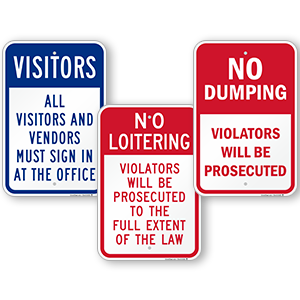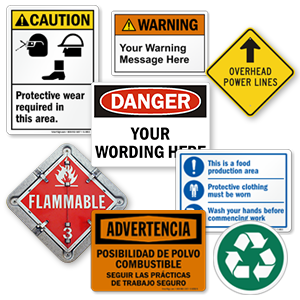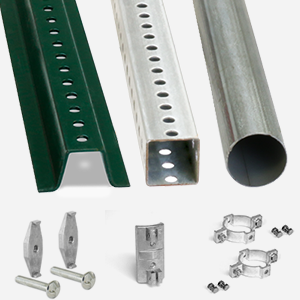Value your vendors
This post is part of a series celebrating SmartSign’s 15th Anniversary. In 15 posts, we reflect on lessons learned, good experiences, and company-wide changes that brought us to this milestone of success. You can view the entire series here.
In e-commerce, being successful depends on a number of factors, but chief among them is the quality of the product offered. Sites like SmartSign would be nowhere near as successful if they did not have strong relationships with the vendors who manufacture the products they sell. In fact, we’d go as far as to say that a smart e-commerce business should value the vendors more than the customers. Let us explain.

From Victor1558.
Cost
Vendors help you save money. Because vendors often specialize in one area, they are expert at cutting costs where possible. Plus, when you form a strong relationship with a vendor, they are more apt to offer discounts.
Expertise
As mentioned, vendors are experts on products they produce. While highly knowledgeable, it’s rare that a company that sells a wide range of products, like SmartSign, has as much specialized knowledge as the vendors. Collaborating with vendors allows e-commerce companies to add credibility where needed. For example, when SmartSign wants to create in-depth product content, we can call on one of our valued vendors to fill in gaps we may have in our knowledge.
Reaching common goals
Valuing vendor relationships is necessary to smoothly operating an ecommerce business. Communication is key to ensuring you and your vendors share the same goals and that both parties are motivated to complete them. Remember, customers can come and go, but you want vendors to stick around for the long haul.
How should you value your vendors?
To make sure your vendor relationship is as strong as it needs to be, follow these steps.
1. Assign a relationship manager. Make sure there is someone on your staff dedicated to keeping track of each vendor. This person should be tasked with communicating with vendors, including going beyond the preferred mode of communication, email, to phone calls and even site visits. To this end, make attempts to get to now your vendors on a more personal, friendly level.
2. Record your communications. While phone calls are necessary for maintaining a positive relationship, making sure you have a record of transactions in writing will help things on the business end, which in turn keeps this relationship from going sour.
3. Stay organized. A little advanced planning will keep payments on track and ensure you never neglect your valued vendors.
4. Train vendors to meet your needs. If things don’t seem to be working out, you can make sure you and your vendors are on the same page by being honest and instituting training if necessary.
5. Demonstrate loyalty. By consistently giving your vendors business and working through mistakes and misunderstandings, they may return the goodwill by offering discounts or incentives. Similarly, never let a vendor know if you are, in fact, considering someone else. It will only lead to resentment and hurt feelings.










